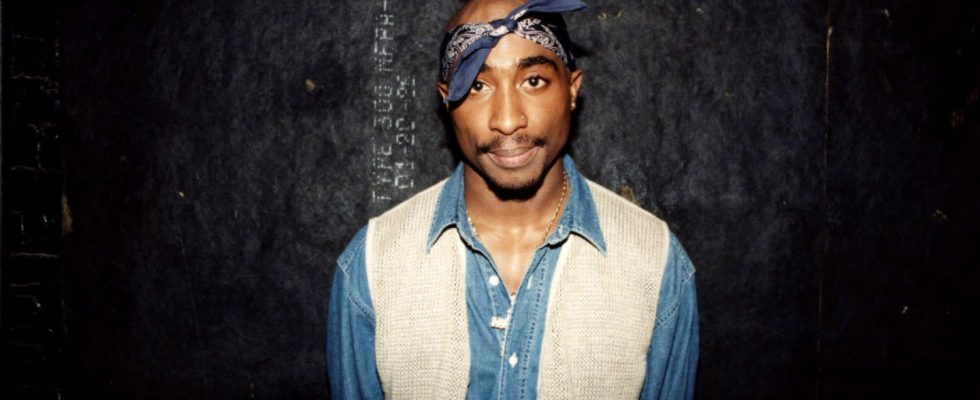It is a crime that has remained unsolved for almost thirty years. A suspect has been charged with the murder of rap legend Tupac Shakur, committed in 1996, a prosecutor announced Friday, September 29 before a Las Vegas judge.
The man arrested is Duane Davis, alias “Keffe D”, a former gang member, who has long admitted that he was in the car from which the shots were fired that caused the death of the American rapper. In a book published in 2019, however, he assured that the shots had been fired from the rear of the vehicle while he was in the front.
According to the new elements of the investigation, which experienced a sudden boost this summer, there is a “strong presumption” that Mr. Davis be “responsible for the murder of Tupac Shakur”explained prosecutor Marc DiGiacomo.
Search of a Las Vegas house
After almost thirty years of mystery, the case returned to the forefront in July, with a search of a Las Vegas house linked to Duane Davis. The police of this Nevada metropolis are due to give a press conference at 12:30 p.m. (9:30 p.m. in Paris) on this subject.
Hip-hop legend, Tupac Shakur, a key West Coast artist with a dazzling career, was shot dead in September 1996 in Las Vegas, in circumstances that remain unclear. He was 25 years old. The rapper, at the origin of the hits California Love, Changes, Dear Mama And All Eyez On Me, has sold 75 million albums. He had become a key figure in the famous rivalry between the West Coast and East Coast rap scenes.
Although a New York native, he epitomized West Coast hip-hop after moving to California as a teenager with his family. His murder was followed, six months later, by that of his East Coast rival, Christopher Wallace, “The Notorious BIG.” Many link their deaths to the rivalry between their labels Death Row, based in Los Angeles, and Bad Boy Entertainment, based in New York, but music historians say that this opposition was amplified for commercial reasons.

